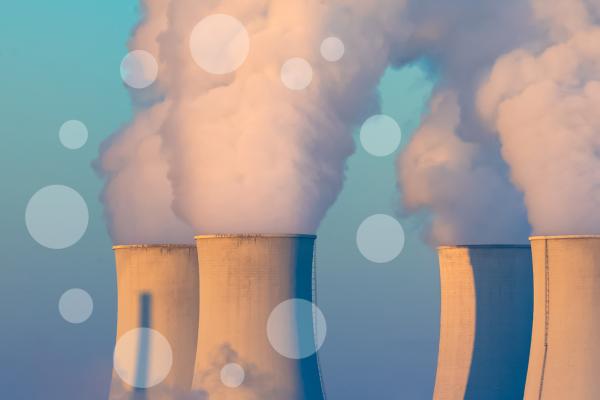The NDKM Initiative, led by the JRC NDWMD, is a strategic effort to capture, consolidate, and disseminate knowledge from the NDAP beneficiaries and share it with a broader network of stakeholders. This initiative fosters collaboration across Europe, promoting best practices, expertise exchange, and stakeholder engagement in nuclear decommissioning.
The NDKM Initiative pursues two main goals: Knowledge Preservation and Exchange and Ties development. The initiative is already advancing nuclear-decommissioning knowledge management through engaging with nuclear decommissioning operators from the EU Member States, other international organisations like the IAEA or the OECD/NEA, and promoting connections between industry, academia, and research centres through the The European Learning Initiatives on Nuclear Decommissioning and Environmental Remediation (ELINDER).

Summary of NDKM initiative
Nuclear Decommissioning Knowledge Management
- 2021Starting of the NDKM initiative
Started "a dedicated financial Programme for the decommissioning of nuclear facilities and management of radioactive waste for the period from 1 January 2021 to 31 December 2027". It delivered 17 knowledge products.
- Later on 20236 published knowledge products and develop a Science Hub website
- July 202432 delivered knowledge products and 17 published knowledge products
- September 2024Launch of the Framework Service contract in the Area of Nuclear Decommissioning Knowledge Management
Design of the JRC Nuclear Decommissioning Knowledge Management Competence Centre:
- support to the NDWMD in formulating a comprehensive multiannual plan for the NDKM Initiative’s implementation and deployment,
- support to knowledge products generation by the NDAP Operators, including the NDWMD itself,
- support to the design, maintenance, and update of the NDWMD SPO and the EU Science Hub websites.
- February 202521 published knowledge products on NDKM SH
Contact
For any further information about the Nuclear Decommissioning Knowledge Management initiative, please e-mail to the functional mailbox below.
- JRC-DKM
 ec [dot] europa [dot] eu
ec [dot] europa [dot] eu - Postal address
E. Fermi 2749
21027 Ispra VA
Italy- Office
- IPR 84 01/103
Related links
Nuclear Decommissioning Assistance Programme (NDAP)
Euratom research and training programme
EU Nuclear skills and competences
European Human Resources Observatory for the Nuclear Sector
IAEA - Decommissioning of nuclear installations
IAEA - International decommissioning network
IAEA - Learning Management System - Decommissioning
OECD/NEA - Nuclear education, skills and technology (NEST) framework
OECD/NEA - Working party on information, data, and knowledge management




